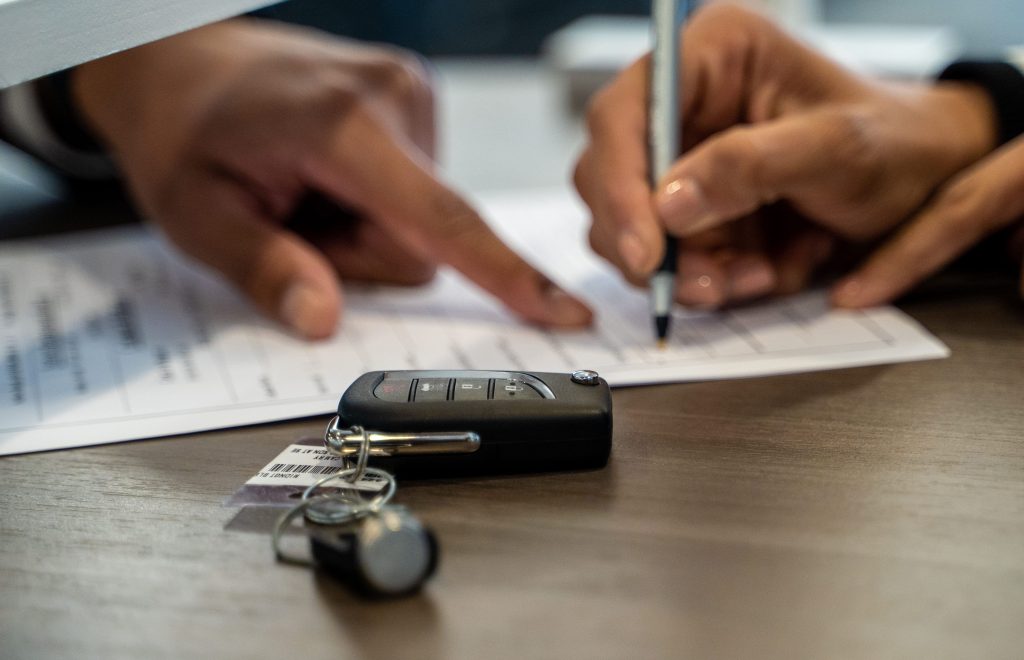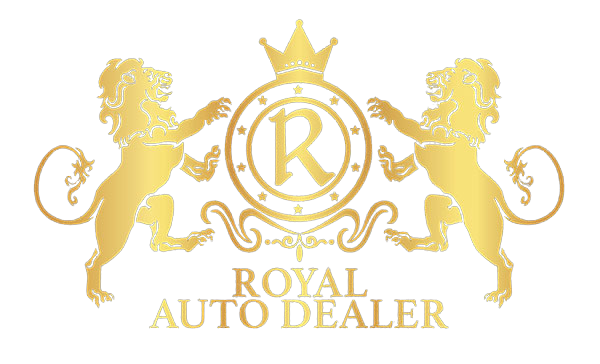How to Prepare Your Budget for a Used Car Purchase
Posted Friday, Apr 19, 2024

Buying a used car is a wise financial decision for many, offering significant savings over purchasing a new vehicle. However, preparing your budget for such a purchase requires careful planning. This guide provides simple, straightforward advice on setting a budget that aligns with your financial situation.
By understanding your finances and considering all costs of owning a car, you can make a well-informed decision that aligns with your economic capabilities. Let's start by evaluating how to assess your financial standing and set a realistic budget for your used car purchase.
Understanding Your Financial Situation
When preparing to buy a used car, getting a clear picture of your finances is the first step. This part of the process helps you figure out how much you can afford without stretching your budget.
Assess Your Income and Expenses
Start by listing all your monthly income sources, including your salary, any side hustles, and other consistent revenue streams. Then, subtract your regular expenses, such as rent, utilities, groceries, and any debts you're paying off.
The amount left after these deductions is what you might consider using towards a car purchase. It's essential to be realistic about what you can afford monthly without compromising your lifestyle or financial health.
1. Calculate Your Savings
Savings are essential, especially when you want to make a significant purchase like a used car. Review how much money you have set aside that you can use for this purchase.
Keeping some savings untouched for emergencies is wise, so only count the portion you're comfortable using. If your savings aren't enough, you should plan how to save more before making a purchase.
2. Credit Score Consideration
Your credit score plays a significant role in buying a used car, especially if you're considering financing options. A higher credit score can help you secure a loan with lower interest rates, making the purchase more affordable in the long run.
Prior to embarking on the car-buying process, ensure to check your credit score. If it's lower than expected, you should improve it. Reducing existing debt and ensuring punctual bill payments can aid in enhancing your score.
Setting Your Budget
Setting a realistic budget is essential when buying a used car. This budget should cover the purchase price, ownership costs, and potential repairs. Here's how to approach it.
1. Determine Your Price Range
Start by evaluating how much you can afford to spend on a used car. Consider your savings and how much you will allocate for the purchase. If you plan to get a loan, consider the monthly payments you can manage without straining your finances.
A good rule of thumb is that your car payment should be at most 15% of your monthly net income. Setting a clear price range allows you to narrow your search and avoid overspending.
2. Account for Ownership Costs
Owning a car involves more than just the purchase price. You must budget for fuel, insurance, regular maintenance, and annual registration fees. These costs can add up, so estimating them ahead of time is essential.
Insurance premiums can vary based on the car's model and your driving history, so get quotes before making a decision. Maintenance costs can also differ by model, so research the average upkeep expenses for the cars you're interested in.
3. Emergency Fund for Repairs
Even with thorough inspections, unexpected repairs can arise. Set aside an emergency fund specifically for your car to avoid financial stress.
This fund can help cover the costs of sudden repairs, ensuring that a mechanical issue doesn't derail your budget. A good starting point is to save at least $1,000, but the more you can save, the better prepared you'll be.
Financing Options for a Used Car Purchase
When buying a used car, you have two primary financing options: paying in cash or taking out a loan. Each method has its benefits and drawbacks, impacting your financial situation differently.
1. Cash Purchase Benefits and Drawbacks
Paying for a car in cash means you won't have to worry about monthly payments, interest rates, or owing more than the car is worth.
It simplifies the buying process and can sometimes give you an edge in negotiations, as sellers may prefer the immediacy of a cash transaction.
However, it requires a significant amount of money upfront, which could deplete your savings and leave you less prepared for other expenses or emergencies.
2. Loan Options
A loan is the next option if paying in cash isn't feasible. Loans can make a car purchase more accessible by spreading the cost over a period, usually a few years.
You can get loans from banks, credit unions, or online lenders, each offering different rates and terms. While this option lets you keep your savings intact, you'll pay more over time due to interest.
3. Interest Rates and Loan Terms
The interest rate and duration of your loan greatly impact both your monthly payments and the overall cost of the vehicle. A lower interest rate can save you money over the life of the loan, while a longer term can reduce your monthly payments but increase the total interest paid. It's essential to compare offers and negotiate the best terms possible.
Secure Your Next Car with Confidence
Preparing your budget for a used car is more than just about numbers; it's about making an intelligent decision that aligns with your financial health and goals.
By following the simple steps outlined, you can confidently approach purchasing a used car, knowing you've considered all the necessary financial factors. Whether it's assessing your finances, understanding the total costs involved, or choosing the right financing option, each step brings you closer to selecting a car that suits your needs and budget.
Ready to find your next car? Royal Auto Dealer is here to help you find the perfect match within your budget. Visit us today and let us assist you in making an informed and financially savvy car purchase.
